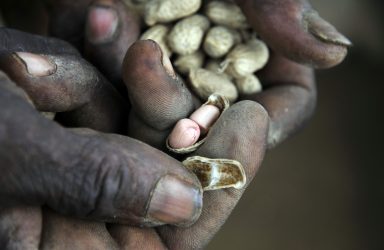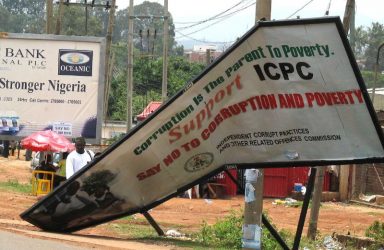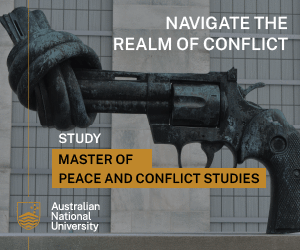Conditional Development: Ghana Crippled by Structural Adjustment Programmes
IMF- and World Bank-led debt relief was implemented to benefit the world capitalist system despite violating human rights throughout the Global South.
Evaluating Ecuador’s Decision to Abandon the Yasuni-Itt Initiative
The lack of democracy associated with the decision-making process to drill Block ITT has fuelled a high degree of currently ongoing civil discontent in Ecuador.
Logged In: Transforming the Political Process in Russia
The Internet has had a positive impact on the provision of the normative good of democratic self-determination and participation in the Russian Federation.
Has the EU become an Effective Crisis Manager?
The Central Security and Defence Policy attempted to centralise the decision-making process on foreign policy for E.U. members, but a more unified Union is essential.
To What Extent Is Neopatrimonialism the Unchanging Way in Which ‘Africa Works’?
While neopatrimonialism has been a constant in politics in African states in recent years, its form and content is constantly changing and evolving.
Starvation: A Political Phenomenon
While their natural aspects and influences should not be disregarded, famine and starvation must be viewed primarily as a breakdown in social and political systems.
Is Austerity the Cure for Current Economic Problems?
While austerity may have had some success in reducing absolute debt levels in some states, it has been unsuccessful in reducing the magnitude of debt to GDP.
Did Structural Adjustment Programmes Assist African Development?
Structural Adjustment Policies were, rather than effective engines for economic development, in fact an smokescreen for the promotion and spread of global capitalism.
To What Extent is Reconciliation an Appropriate Term in Post-Conflict Societies?
Due to unrealistic expectations associated with ‘thick’ reconciliation, ‘thin’ reconciliation offers practical realities and moral intent in post-conflict scenarios.
How Have Illicit Drug Trade Networks Undermined Colombia’s Development?
Colombia and international actors must begin tapping into a development policy that recognises the need to bridge political and civil society.
















